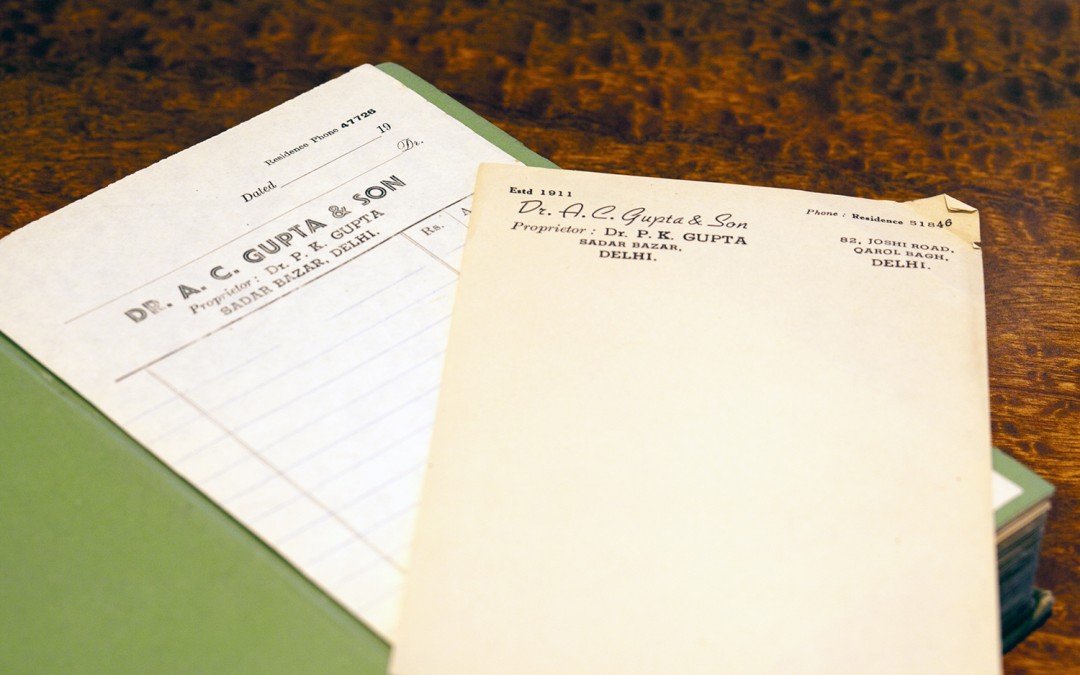My maternal grandfather, S.N. Gupta, was a longshoreman in the Port of Kolkata in India. He began working on the docks in 1929 when he was 19 years old. When my grandfather was still quite young, his father became ill and passed away, so my grandfather had to work incredibly hard to provide economic stability for his whole family. He worked his way up through the shipping company, eventually becoming a co-owner, which allowed him and my grandmother to be incredibly generous, and to support their family and friends in pursuing their dreams of a better life. Because of my grandfather’s hard work, countless members of my family members were able to access education and achieve a level of success that would have otherwise been impossible. My grandparents were truly the patriarch and matriarch of the extended family, and built a home which became the gathering place for everyone and the site of many happy occasions.
Because he lived in India, I only got to spend time with my grandfather for a few weeks every five years or so, but what I remember was his warmth, his great sense of humor, and his worldliness from years of exposure to other lands through his work. He was very encouraging of my parents when they moved to England and then to the U.S. in an effort to find a better life. His work and approach to life played a huge role in my immediate family’s ability to be economically mobile and to live in “new lands” well beyond anything they had imagined as kids. He died, having lived a very full life, when he was 82.
I never got to meet my paternal grandfather, Dr. Prasad Kumar Gupta, because he died well before I was born. But, I grew up hearing stories about his life from my parents and my grandmother. He was a doctor for over 32 years, practicing medicine in Delhi from 1927-1959. He was fortunate to have the opportunity to study abroad at the University of Edinburgh and in Lahore (present-day Pakistan). The stories I remember best are of his activism during the independence movement in India: he joined with hundreds of thousands of others who refused to wear “western” clothing, a powerful form of resistance during that time period.
About fifteen years ago, I went foraging through my grandmother’s house looking for things that I could keep as memories of my grandparents and great grandparents. I found this book titled, “The Intellectual Women’s Guide to Socialism and Capitalism,” by George Bernard Shaw. It was one of many books that my grandfather had read and that had shaped his progressive values. I learned that he really believed that women should be economically independent — a very uncommon belief for that time. As a doctor, he was very committed to the notion of caring for others and the need for everyone to have access to healthcare regardless of their economic status. His belief in equality and self-determination were part of a broader set of his progressive values that not only shaped my dad’s life, but has certainly contributed to the life choices that his grandchildren — myself included — have made.
Sarita Gupta is the Executive Director of Jobs With Justice and Co-Director of Caring Across Generations
Photo: Sarita’s grandfather’s doctor stationery, alongside her other grandfather’s copy of “The Intellectual Women’s Guide To Socialism and Capitalism” by George Bernard Shaw, a book that helped shape his political views


